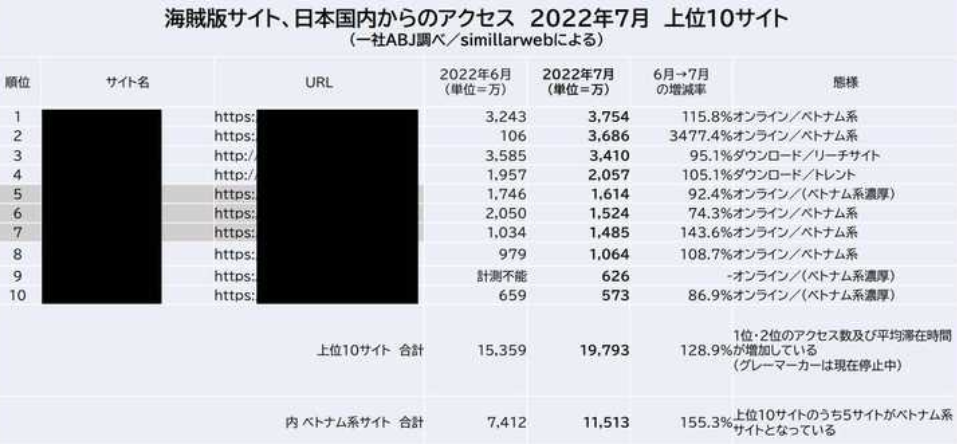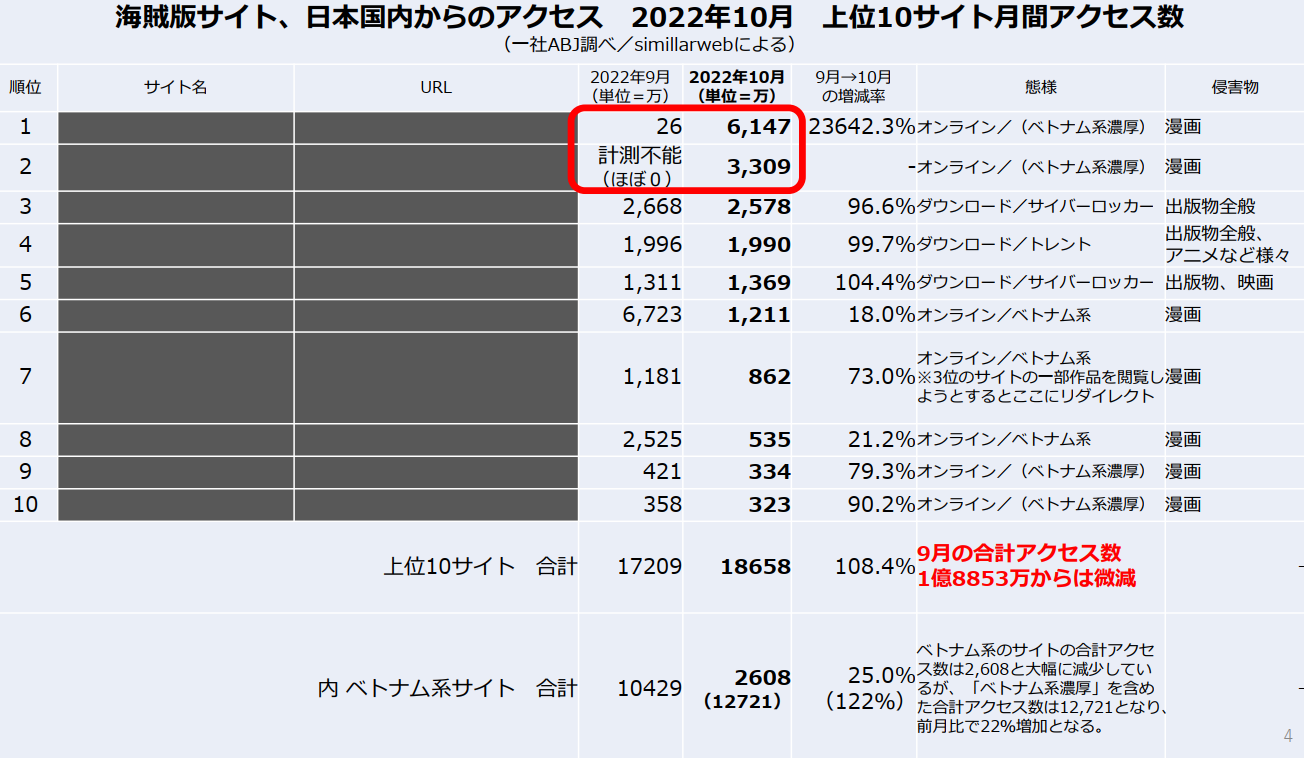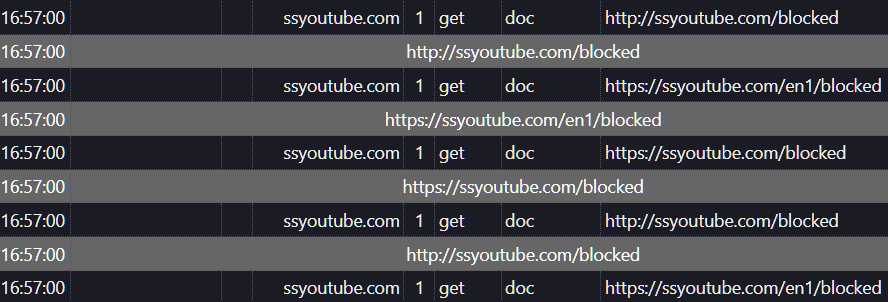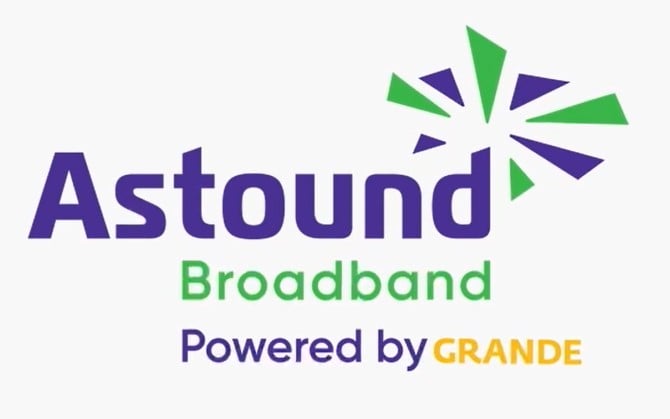 The use of lawsuits to solve complex commercial disputes suggests that no amount of talking will ever produce the desired results.
The use of lawsuits to solve complex commercial disputes suggests that no amount of talking will ever produce the desired results.
For musician Maria Schneider, whose
class action lawsuit
against YouTube will head to a jury trial next month, the status quo and its alleged facilitator have been a constant topic of discussion for well over a decade.
What Do Whore Houses, Meth Labs, and YouTube Have in Common?
The riddle in the heading is almost seven years old, yet the closest answer to date is “you always end up paying for it.” That wasn’t what Maria Schneider had in mind, according to her 2016
Music Tech Policy
piece, which begins with a surprise apology.
“OK, I know: that title really hits below the belt. I apologize. After all, it’s not fair to legal whorehouses that pay their share of taxes to lump them with meth labs and YouTube,” Schneider wrote.
“When a nail salon or spa has a back room for illegal prostitution, we shut down the business. When a dry cleaning plant is a front for a crystal meth lab, the government comes in with guns ablazing.
“Businesses that cover for illegal activity get boarded up and their owners thrown in the slammer. Just because a business carries on facade of legal activity — even offering us a good value from the facade — doesn’t mean we turn a blind eye to the criminality going on.”
Laundering Pirate Content or Solving Problems?
Schneider has never shied away from criticizing YouTube’s business model or that of its owner, Google/Alphabet. In a submission to the U.S. Copyright Office in 2016, the
seven-time
Grammy winner accused YouTube of “fermenting a veritable
pirate orgy
” among its users while “dismantling copyright from the inside, like a flesh-eating virus.”
Using less colorful terminology, the major recording labels and hundreds of artists expressed similar sentiments. “At its worst, the DMCA safe harbors have become a business plan for profiting off of stolen content,” they wrote. “At best, the system is a de facto government subsidy enriching some digital services at the expense of creators.”
Some subsidy. Between July 2021 and June 2022, YouTube paid over
$6 billion
to the music industry, using a system that’s hardly changed since being labeled as “criminal.”
Official content creator uploads aside, regular users of YouTube upload content they’re supposed to own, and from there, YouTube monetizes it within the boundaries of licensing agreements and broader law. When copyright holders report uploaded content as infringing, YouTube follows the DMCA and takes the content down.
This method meets the requirements of copyright law but generates no money for rightsholders. An alternative process does, however.
When rightsholders use YouTube’s Content ID, the system identifies unlicensed uploads, with removal just one of several options. Monetizing content is another, and as a result, many rightsholders today have stopped sending takedown notices and receive checks from YouTube instead.
Access Denied
Schneider’s 2020 class action lawsuit claims that when smaller artists ask for permission to use Content ID, YouTube rejects their applications and denies access to
associated anti-piracy tools
. Meanwhile, alleged infringers arguably benefit from Content ID matches.
The complaint alleges that YouTube users who repeatedly upload infringing content are ‘repeat infringers’ who should have their YouTube accounts terminated. Instead, YouTube’s Content ID system allegedly provides them with cover. According to the plaintiffs, YouTube’s failure to terminate these repeat infringers disqualifies the company from safe harbor protection under the DMCA.
Viewed differently, Content ID immediately licenses uploaded content and funnels revenue to the rightsholder based on pre-agreed terms. In 2021, 98% of all copyright complaints handled by YouTube were processed by Content ID.
Major recording labels’ criticism of YouTube has been less evident in recent years, broadly coinciding with increased YouTube revenue. No recording labels or artists joined Schneider’s lawsuit, despite being those most likely to benefit from a favorable outcome.
As Content ID users already, the lawsuit wasn’t a great fit for the labels. YouTube’s revelation – that Schneider had also benefited from Content ID via a deal with her publisher – was unexpected. In a controversial case that has exposed strengths, weaknesses and cynical tactics on both sides, it didn’t come as a surprise.
Gearing Up For Trial
The trial will play out at the U.S. District Court for the Northern District of California, San Francisco Division, from 09:00 on June 12, 2023. A joint pre-trial statement and individual trial briefs reflect the extraordinary legal resources expended by the parties over the last three years.
The plaintiffs assert claims against YouTube for violations of the Copyright Act (direct, contributory and vicarious infringement) and violations of
17 U.S.C. § 1202
, which prohibits the removal of Copyright Management Information.
YouTube’s brief states that the plaintiffs contend they will prove “317 separate acts of infringement” before the jury. YouTube says that despite its requests, the plaintiffs are playing “hide-the-ball” by refusing to identify any of them. YouTube also provides a downbeat assessment of what the case amounts to.
“Liability issues aside, it is also important to highlight what remains in dispute regarding Plaintiffs’ damages claims. Plaintiffs are seeking roughly $23 in revenue per work, so even if they prevail on every one of their 317 infringement claims, they would be seeking roughly $7,300 in total gross revenue…,” YouTube notes.
YouTube says it has defenses for all claims, including protection under the safe harbor provisions of the DMCA, through fair use,
express licenses
, and time-barred claims.
Interestingly, YouTube says that it won’t pursue a DMCA safe harbor defense if the court denies a pending class-certification motion and the matter proceeds as an individual action instead. If YouTube does attempt a safe harbor defense, the plaintiffs insist that YouTube will fail. One of the requirements for protection is the reasonable implementation of a repeat infringer policy; not the case here, the plaintiffs claim.
“[YouTube’s] exclusion of private and unlisted videos and search result de-duplication prevents copyright owners from gathering information necessary to submit takedown requests; it fails to issue copyright strikes for the billions of infringements identified by Content ID; it assesses strikes against channels, not users, even though one user can have multiple channels,” their brief reads.
Don’t Forget the Bogus DMCA Notices
Roughly a year into what is now a three-year litigation project, the plaintiffs were still alleging mass copyright infringement on YouTube but noting that without access to Content ID, precise identification of infringement
would remain problematic
.
When the lawsuit was first filed in June 2020, an entity called Pirate Monitor Ltd appeared alongside Schneider, claiming that it owned the copyright to several movies illegally uploaded to YouTube. The company claimed that after being denied access to Content ID, it was forced into a “cumbersome, inaccurate, and flawed ‘manual’ process” that benefited YouTube’s “money-making machine.”
A
YouTube investigation
later alleged that Pirate Monitor used bogus accounts to upload its own videos and then used DMCA notices to take them down, claiming infringement of its rights. YouTube said this was a
ploy to gain fraudulent access
to Content ID management tools.
More Complexity, More Denial
YouTube continued to produce
additional evidence
to back up its fraud
allegations
and then followed up with a
counterclaim
against Pirate Monitor Ltd and alleged sole-owner, Gábor Csupó.
Mr. Csupó is a five-time Emmy award-winning producer and director, and the creator of the animated series Rugrats. He denies being involved in the submission of 1,975 bogus notices sent to YouTube. Csupó says that Pirate Monitor Ltd was dormant then, so he can’t be held liable.
Agents or sub-agents of another company, Intellectual Property LLC, allegedly sent the notices. Alternatively, it may have been agents or sub-agents of another company called MegaFilm. As a matter of law, Csupó insists he’s not responsible for the companies or their agents. Csupó further insists that since YouTube “encourages infringement,” the company has “unclean hands.”
Proposed Jury Instructions
Highly competent intellectual property attorneys have examined every detail of this complex case for almost three years. They remain fundamentally opposed.
If the plaintiffs’ proposal succeeds, a jury of ordinary citizens will hear 50 hours of evidence, split equally between the parties. If YouTube’s proposal is preferred, they will listen to just 24 hours of evidence overall before rendering their verdict.
The jury will receive guidance from District Judge James Donato, who will begin by informing the jury of their duty, as detailed in the proposed jury instructions.
“It is your duty to find the facts from all the evidence in the case. To those facts you will apply the law as I give it to you. You must follow the law as I give it to you whether you agree with it or not. And you must not be influenced by any personal likes or dislikes, opinions, prejudices, or sympathy. That means that you must decide the case solely on the evidence before you. You will recall that you took an oath to do so,” the Judge will say.
Several pages of undisputed standard instructions will follow the above. From page 17 onwards the majority of the proposed jury instructions on the docket are still marked as disputed, which remains the case right to the very end, on page 243.
The Stakes Are High
YouTube believes it will prevail but in the event it does not, the plaintiffs say they are entitled to actual or statutory damages for each infringed work, in the range of $750 to $150,000 per work. More ominously, the plaintiffs will also seek the following:
– An order enjoining YouTube from withholding any known [content] match of 10 seconds or more in length, for any reference file generated from a video that was the subject of a successful DMCA takedown notice from the copyright claimants identified in such notices
– An order directing YouTube to provide, to any copyright owner who provides YouTube with a reference file, all matches longer than 10 seconds in length to any pre-existing video on YouTube and any video subsequently uploaded to YouTube
The plaintiffs may not get what they’re asking for, even if their lawsuit is successful. But if they do, the requests above may amount to a game-changing event underpinning the Holy Grail – a
takedown and staydown
regime.
Documents referenced above are available here (
1
,
2
,
3
,
4
, pdf)
From:
TF
, for the latest news on copyright battles, piracy and more.
chevron_right
 Multi-point, ongoing collisions between rightsholders, pirate sites, pirates and copyright law, are what fuel our daily reporting. The pumps rarely run dry for long in these wars.
Multi-point, ongoing collisions between rightsholders, pirate sites, pirates and copyright law, are what fuel our daily reporting. The pumps rarely run dry for long in these wars.



 Two years ago, Spanish-born movie tycoon
Two years ago, Spanish-born movie tycoon



 Japanese manga comics have always been popular on pirate sites but, where other categories have seen stalled growth,
Japanese manga comics have always been popular on pirate sites but, where other categories have seen stalled growth,



 Most artists and music labels share their music with the public on YouTube, free of charge.
Most artists and music labels share their music with the public on YouTube, free of charge.
 There’s no denying that the Alliance for Creativity and Entertainment (ACE) has been rather successful over the past few years.
There’s no denying that the Alliance for Creativity and Entertainment (ACE) has been rather successful over the past few years.






 Last fall, a Texas federal jury found Grande Communications liable for willful contributory copyright infringement and ordered the ISP to pay
Last fall, a Texas federal jury found Grande Communications liable for willful contributory copyright infringement and ordered the ISP to pay

